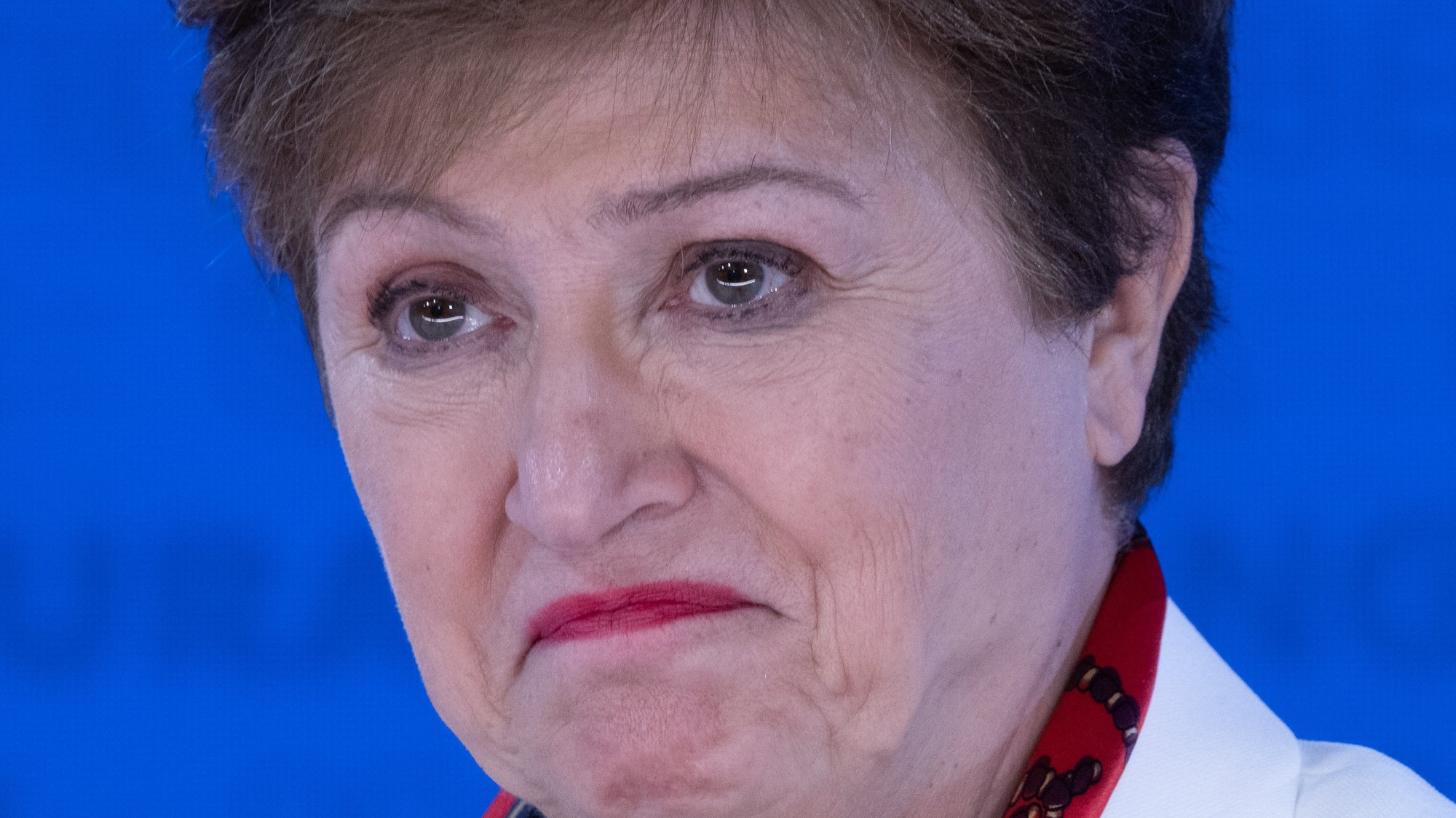The IRS Jovem measure proposed by the Government, in addition to entailing a “considerable” loss of income, raises doubts about the age limit set (35 years) and it is not certain that it will be effective in combating emigration of the youngest. This is the assessment made by the International Monetary Fund (IMF), within the framework of the so-called Article IV, where it revises upwards the growth projections.
“The IRS’s preferential age-based rates will lead to a considerable loss of income and raise questions about the limit [de idade], Its effectiveness in limiting youth emigration is uncertain“, argues the IMF in the analysis, which is carried out every year. The Government has sent to Parliament a proposal for legislative authorisation on the IRS Jovem, which extends the benefit to young people up to the age of 35 and establishes a maximum rate of 15%, calculating that the measure could weigh one billion euros on the State coffers . due to loss of income.
Regarding the Government’s intention to gradually reduce the CIT rate to 15%, the institution praises it because it “helps realign the average corporate tax rate with that of the rest of the Eurozone, boosting business growth.”
On housing, it recommends that property tax increases be considered in the medium term, but only “as concerns about housing affordability subside.” Indeed, it mentions measures taken by the previous government in the real estate sector, such as interest rate subsidies and loan renegotiations, which brought “some relief,” or the deferral of loan repayments that “may have delayed the emergence of vulnerabilities.”
Another praise goes to the macroprudential measure of the Bank of Portugal which obliges banks to create, before October this year, a buffer against the real estate crisis, since “it will help to reinforce the banks’ resilience to macrofinancial risks arising from real estate exposures.”
IMF, more optimistic about growth, suggests “more flexible” permanent contracts
In April, the institution headed by Kristalina Georgieva projected growth of 1.7% this year and 2.1% next year, but is now slightly more optimistic and points to a growth of around 2% in 2024with a slight recovery towards 2.25% in 2025as financial conditions gradually ease.” In the medium term, due to an ageing population, low investment and slower productivity growth, growth is expected to remain below 2%.
Inflation is expected to fall to 2% in 2025, after a “temporary” rise this year. “The continued dynamism of tourist flows will favour a current account surplus in the medium term,” it believes. The IMF sees a balance of risks, ranging from an escalation of geopolitical tension, lower external demand and volatility in commodity prices; or, at the domestic level, to inflation that could become “harder” if wage growth continues to outpace productivity growth. On the other hand, the “resilience of the labour market and the greater dynamism of tourism can give an additional boost to growth.”
As for public accounts, he suggests implementing a slightly expansionary policy in 2024, which he believes is compatible with a surplus of 0.2%/0.3% of GDP, as the Government intends, “since it would support growth, while a still restrictive monetary policy would help reduce inflation”.
Miranda Sarmento continues to aim for a surplus: even with the initial deficit and the measures (now revealed) of the previous Government without budget allocation
In a statement, the Ministry of Finance stressed that the IMF forecasts for the Portuguese economy “are in line with the Government’s most recent projections and confirm its macroeconomic scenario.” “The IMF also predicts that the continued dynamism of tourist flows will support a current account surplus in the medium term, reinforcing the sustainability of the Portuguese economy,” the Government stressed.
But, according to the IMF analysis, “any further easing of the budgetary position would risk rekindling inflation”: the planned tax cuts and spending increases should “carefully designed “so that they remain viable by achieving the desired surplus or offsetting it with other measures,” he warns. In the medium term, he believes that the budgetary situation will remain “globally balanced.”
“Robust exports, strong private consumption supported by a resilient labour market and public investment under the Recovery and Resilience Plan (PRR) have boosted activity,” he said.
The institution calls for reforms to improve productivity and make “More flexible” permanent contracts understanding that this would help to “continue to reduce the use of temporary contracts and promote growth”. In addition, increases in the minimum wage “must be accompanied by Increase productivity minimise any negative effects on competitiveness”. At the same time, “means-tested social transfers can help reduce inequality and poverty”. The IMF also draws attention to the need for new measures to help mitigate pension costs and says there is “room” to improve the efficiency of National Health Service (NHS) spending.
Source: Observadora
